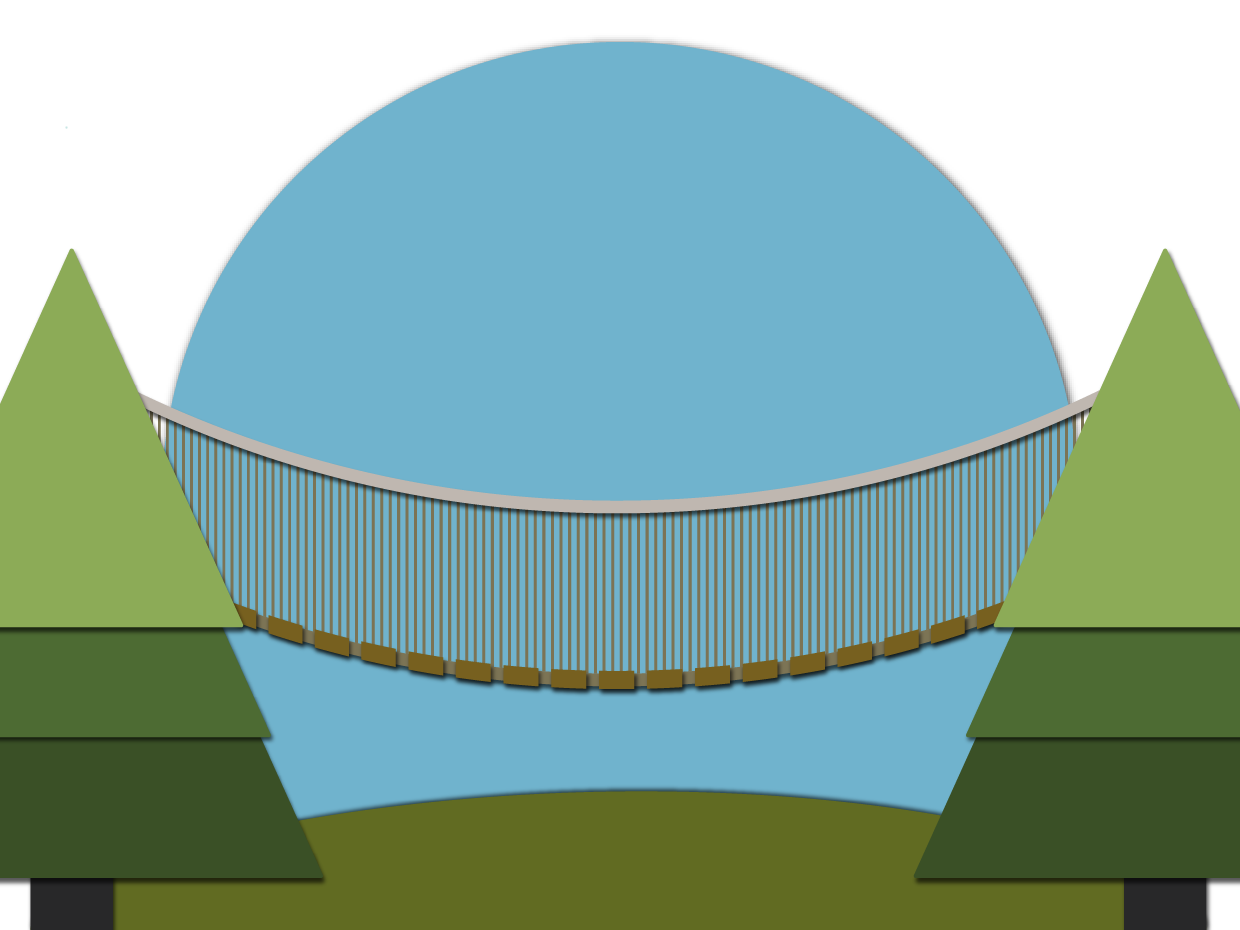Seniors who are 65 years or older by the end of the year can qualify for the following tax credits and deductions. Learn more by reading below.
On this page you’ll find
3 key tax credits
1. Age amount
You must be 65 years or older at the end of the year to qualify. Once your income passes a certain level, the age amount starts to drop. At a certain point, you no longer qualify for the credit.
2. Disability amount (for yourself)
You must have a physical or mental impairment for a continuous period of at least 12 months to qualify for the disability amount. Examples: blindness, a “markedly restricted” ability to speak, hear, walk, feed or dress yourself, or control bowel or bladder functions.
To claim:
- Complete Form T2201, Disability Tax Credit Certificate.
- Have a qualified practitioner sign the form, such as a doctor, optometrist or psychologist, depending on the disability.
3. Pension income amount
If you reported eligible pension, superannuation or annuity payments on your tax return, you may be able to claim a tax credit. You can claim up to $2,000 for the pension income amount.
Home Accessibility Tax Credit (HATC)
Beginning in the 2016 tax year, there is a new non-refundable tax credit on up to $10,000 of eligible expenditures (for a maximum credit of $1,500) to renovate a home to make it more accessible, or to improve mobility within the home, for seniors 65 and over who are entitled to claim the Disability Tax Credit. Learn more about the HATC.
Sharing tax credits with your spouse
If your spouse or common-law partner qualifies for certain tax credits, but doesn’t need the whole amount to reduce the tax they owe to zero, you may be able to claim all or part of their unused credits for the:
- age amount
- disability amount
- pension income amount
- tuition, education and textbook amounts
Splitting pension income with your spouse
You may be eligible to split some of your pension income with your spouse or common-law partner:
- income that qualifies – sources that are eligible for the pension income amount.
- income that doesn’t qualify – Old Age Security (OAS) and Canada Pension Plan (CPP) payments.
Learn more about pension income splitting.
Ontario Senior Homeowners’ Property Tax Grant
If you’re 64 or older, a resident of Ontario and pay property taxes, you could qualify for a property tax grant of up to $500. The amount you receive will be based on your income.
If you have a spouse or common-law partner, only one of you can claim this grant. That person must file a tax return and report the amount of property tax you paid on line 6112 on the Application for the Ontario Trillium Benefit and the Ontario Senior Homeowners’ Property Tax Grant (ON-BEN).
You may be able to reduce your taxes owing by sharing tax credits or splitting pension income with your spouse.
Summary
If you are turning 65 by the end of the year or are older, it’s important to see if you qualify for the following tax credits and deductions:
- The Age Amount Tax Credit
- Disability amount tax credit
- Pension income account tax credit
- Home accessibility tax credit (HATC)
- Ontario Senior Homeowners’ Property Tax Grant
